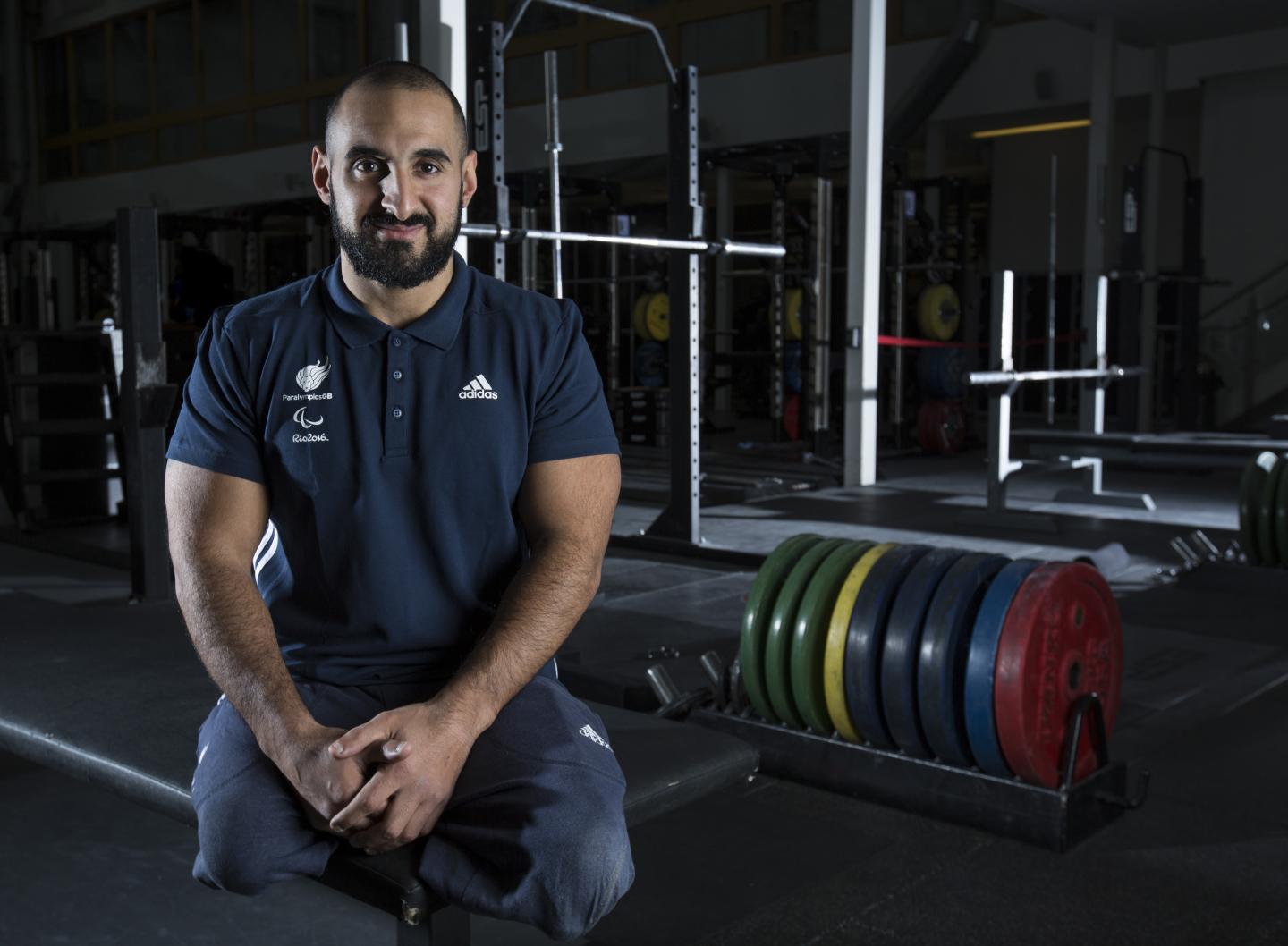Ali's on a mission

Powerlifter Ali Jawad enjoyed one of the most productive times of his life during lockdown and now wants to help disabled people to feel the same.
The 31-year-old, converted his living room into a gym in order to continue training during the height of the COVID-19 pandemic in the UK.
But, away from the world of professional sport, Ali wants to understand the barriers to activity that disabled people have always faced.
Ali has taken matters into his own hands and created a survey which he has shared across social media to gather a wide range of opinions on the issue.
Having already received hundreds of responses, Ali hopes his findings can impact change on activity providers.
“We’re in 2020 now,” Ali said. “There shouldn’t be any excuse as to why people can’t participate in exercise without feeling confident that they can do.
“Exercise can be accessible, we’ve just got to find the right platform and provide the knowledge.
“I’m really privileged, I’ve competed at a world class level in my career and I’ve had the best facilities, the best coaches, I’ve always had access to that.
“But I do know there’s a huge gap between elite Paralympians and the everyday disability community that just want to get fit. There’s a huge gap there which needs to be bridged.
“I know a lot of disabled people who are not elite athletes and I’ve asked them why they don’t go to the gym.
“They tell me they don’t want to go because the equipment isn’t accessible for them. They can get into the building but they can’t access the equipment itself so there’s no point.
“This made me think that I want to actually change government policy making gyms have accessible equipment for disabled people by law.
“I want to work with the fitness industry and commercial gyms to hopefully help them implement something that makes disability accessible.
“I’m hoping the government look at this, see I’ve got a point and make gyms fully accessible by implementing equipment for disability.”
Ali is targeting 1,000 responses to his survey before he can use the findings to shape an appropriate response, whether that be lobbying government for support or working with the fitness industry to implement change.
Having already read some of the responses, Ali feels that research can build a better understanding of how disabled people can exercise, proposing disabled personal trainers at gyms as one of several potential suggestions.
He added: “A lot of the responses personally in the survey, the trend is that there is a lack of knowledge for their specific disability.
“If you’re an amputee, exercise is different to you than if you had a spinal problem.
“But exercise for the community seems generic, it’s like a one size fits all. There’s not enough research out there for every single disability type when it comes to exercise, so you can’t really advise people on exercise programmes for specific disabilities.
“I think we need to work with universities to research these disabilities and exercise. That’ll hopefully be part of the platform too.
“I want to reach out to the representatives of personal trainers to tell them to implement some sort of disability element into their courses.
“That will inform them on how to do it and that will make people more confident on going to the gym and being guided by someone that is not disabled.
“But, ideally, you’d rather train disabled personal trainers – that’s the dream for me. What better way than being able to relate to your personal trainer?”
To view the survey, click here.